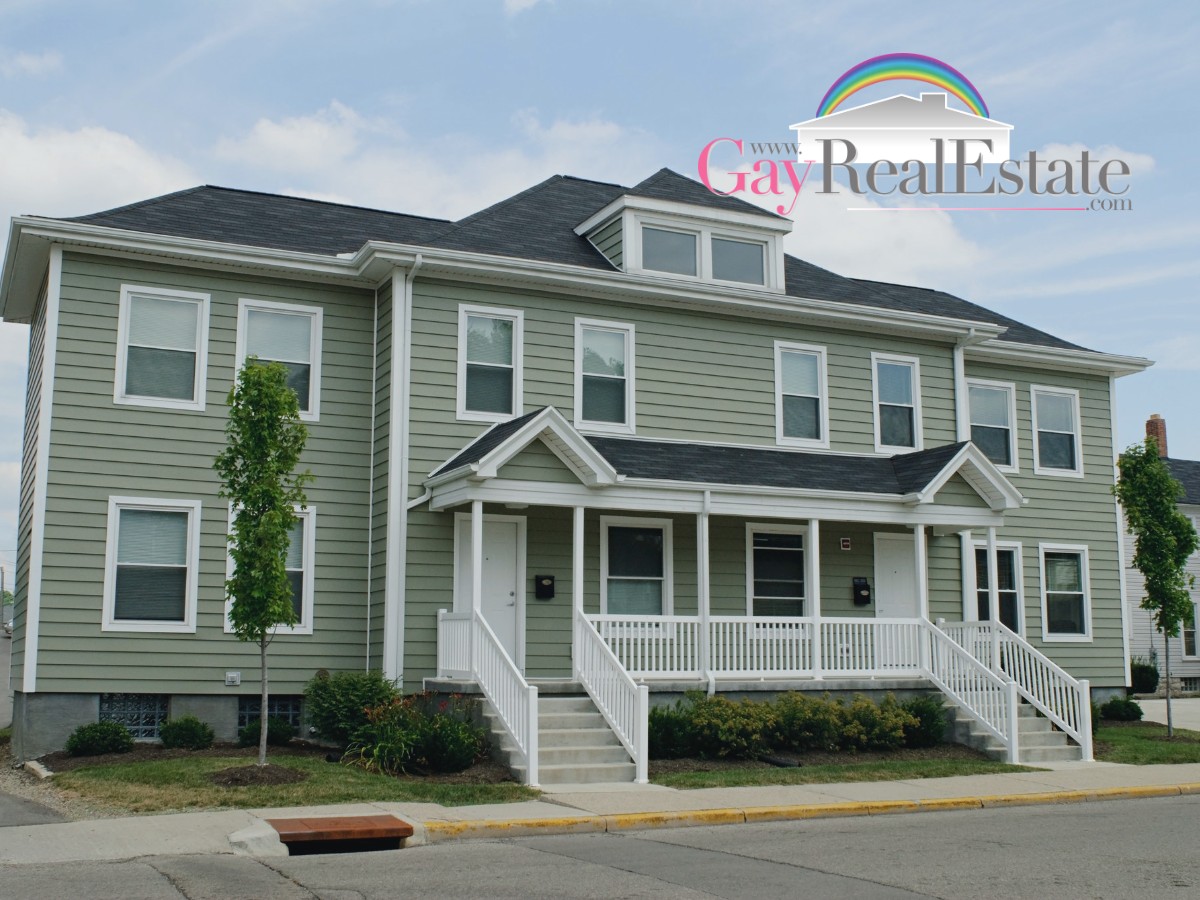Purchasing a home is a significant milestone in anyone’s life, and it’s a decision that comes with various options to consider. For members of the LGBTQ+ community, finding the perfect home often involves weighing factors such as location, affordability, and lifestyle compatibility. One popular housing choice that deserves attention is the attached home. In this article, brought to you by GayRealEstate.com, we’ll delve into the advantages and potential considerations of purchasing an attached home, helping you make an informed decision that suits your unique needs.
Advantages of Attached Homes:
- Affordability: Attached homes, such as townhouses, condos, or duplexes, often come with a more budget-friendly price tag compared to single-family homes. This can be particularly appealing for LGBTQ+ individuals or couples looking to invest in real estate while managing their finances.
- Low Maintenance: Attached homes typically require less exterior maintenance than standalone properties. Landscaping, snow removal, and repairs to shared areas are often managed by homeowners’ associations (HOAs), allowing residents to enjoy a hassle-free living experience.
- Community and Social Connection: Living in an attached home often means sharing walls or common areas with neighbors. This proximity can foster a sense of community and provide opportunities to connect with like-minded individuals, including fellow LGBTQ+ residents.
- Amenities: Many attached home communities offer shared amenities, such as swimming pools, gyms, or clubhouses. These facilities can enhance your quality of life and provide spaces for socializing with neighbors and friends.
Potential Considerations:
- HOA Fees: While HOAs can alleviate maintenance responsibilities, they also come with associated fees. Be sure to understand the HOA’s rules, fees, and any restrictions on property use before purchasing an attached home.
- Privacy: Attached homes share walls or spaces with neighbors, which can affect privacy levels. Consider whether you’re comfortable with the proximity to others and potential noise from adjacent units.
- Resale Value: Attached homes may appreciate differently than single-family properties. Research the historical resale value of attached homes in your desired area to make an informed decision.
- Community Regulations: Some attached home communities may have specific rules or regulations that residents must follow. These rules can cover anything from pet policies to exterior aesthetics. Ensure that the community aligns with your lifestyle and preferences.
- Shared Responsibilities: While shared maintenance can be a benefit, it also means shared responsibilities. Disagreements with neighbors or the HOA can occasionally arise, so consider your willingness to navigate potential conflicts.
Final Thoughts:
Purchasing an attached home can be a fantastic option for LGBTQ+ individuals and couples seeking affordability, community, and convenience. However, it’s essential to carefully weigh the advantages and potential considerations before making a decision. Consulting with a real estate professional who understands your specific needs and preferences, like those at GayRealEstate.com, can be invaluable in guiding you toward the attached home that aligns perfectly with your lifestyle and goals.
At GayRealEstate.com, we’re committed to helping you find the ideal LGBTQ+-friendly home that suits your unique requirements. Whether you’re considering an attached home, a single-family dwelling, or any other type of property, our network of real estate professionals is here to provide you with the expertise and support you need on your homeownership journey. Explore your options and make your next move with confidence and pride!



